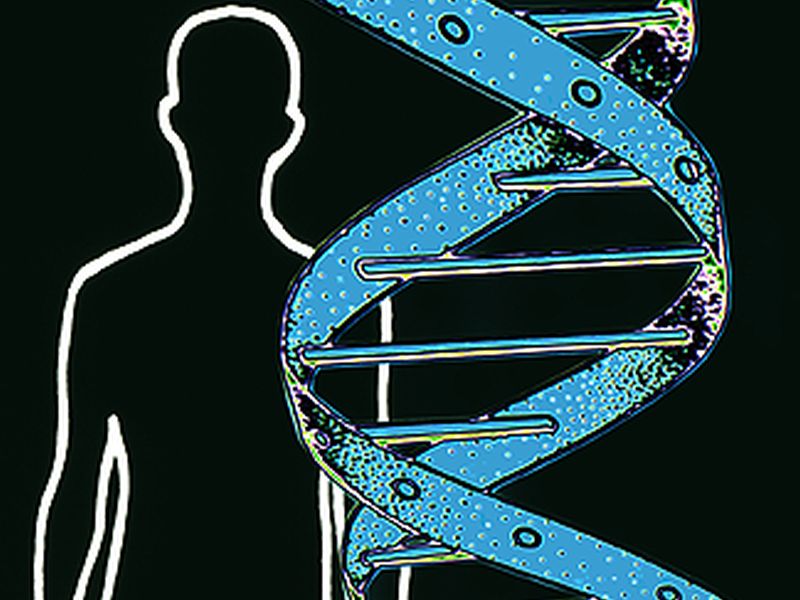
The “Why me?” reaction that can come after a cancer diagnosis may have no easy answer, with new research showing that most tumors are caused by random genetic “mistakes.”
Investigators at Johns Hopkins University in Baltimore used complex mathematical modeling to track mutations driving abnormal cell growth for 32 types of cancer. The model was based on data from The Cancer Genome Atlas, as well as epidemiologic data from the Cancer Research UK database.
Scientists have long known that it usually takes two or more gene mutations for cancer to arise. And those mutations can be caused by environmental factors, genes inherited from parents, or simply random DNA copying errors.
From their calculations, the researchers now believe that the bulk of cancers are caused by random copying errors.
The findings will be published March 24 in the journal Science.
“It is well-known that we must avoid environmental factors such as smoking to decrease our risk of getting cancer. But it is not as well-known that each time a normal cell divides and copies its DNA to produce two new cells, it makes multiple mistakes,” study co-author Cristian Tomasetti explained in a university news release.
“These copying mistakes are a potent source of cancer mutations that historically have been scientifically undervalued, and this new work provides the first estimate of the fraction of mutations caused by these mistakes,” said Tomasetti. He’s an assistant professor of biostatistics at Hopkins’ Kimmel Cancer Center and Bloomberg School of Public Health.
For example, using their calculations, the researchers estimated that 77 percent of pancreatic cancers are caused by random mutations, 18 percent by environmental factors, and 5 percent to inherited genes.
But not all cancers have the same causation profile, and lifestyle and environment can still have a big influence on cancer risk.
For example, in lung cancer, the leading cancer killer, 65 percent of mutations that cause the disease are environmental in origin (smoking, for example), while only 35 percent are due to DNA copying errors, the team said.
Across the spectrum of the 32 cancer types studied, however, two-thirds of cases are thought to be caused by random DNA copying errors, 29 percent by lifestyle/environment, and 5 percent by inherited genes, the researchers said.
Nearly all childhood cancers are thought to be caused by random DNA copying errors, the researchers said.
None of this means that the importance of a healthy lifestyle, or carcinogen-free environment can be ignored, the research team noted.
“We need to continue to encourage people to avoid environmental agents and lifestyles that increase their risk of developing cancer mutations,” said study co-author Dr. Bert Vogelstein, co-director of Hopkins’ Ludwig Center for Cancer Research.
But he added that “many people will still develop cancers due to these random DNA copying errors,” and “these cancers will occur no matter how perfect the environment.”
This means that early detection will remain key to saving lives, Vogelstein said.
Doctors need “better methods to detect all cancers earlier, while they are still curable, are urgently needed,” he said.
He and Tomasetti believe that, at the very least, their research may bring comfort to cancer patients who lived a healthy lifestyle and now wonder why they got sick.
“It’s not your fault,” Vogelstein said. “Nothing you did or didn’t do was responsible for your illness.”
More information
There’s more on cancer’s origins at the American Cancer Society.
Source: HealthDay

Leave a Reply